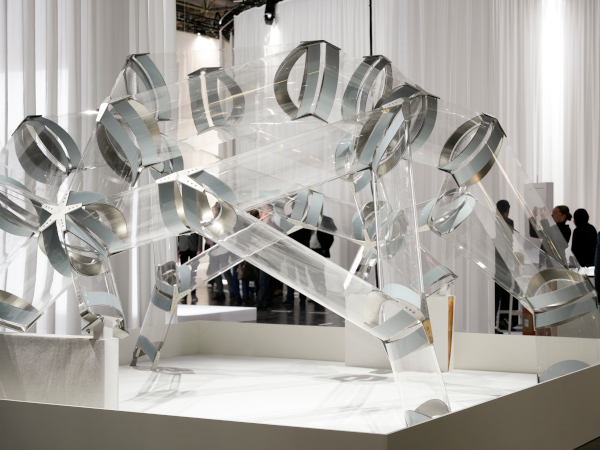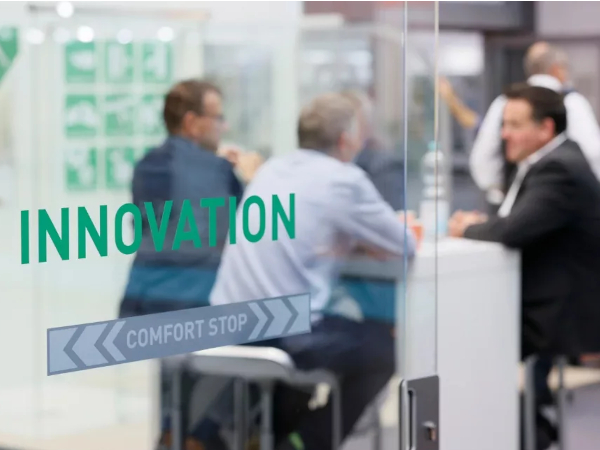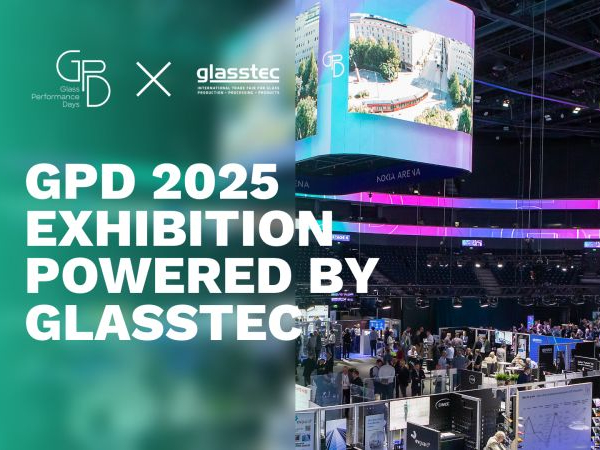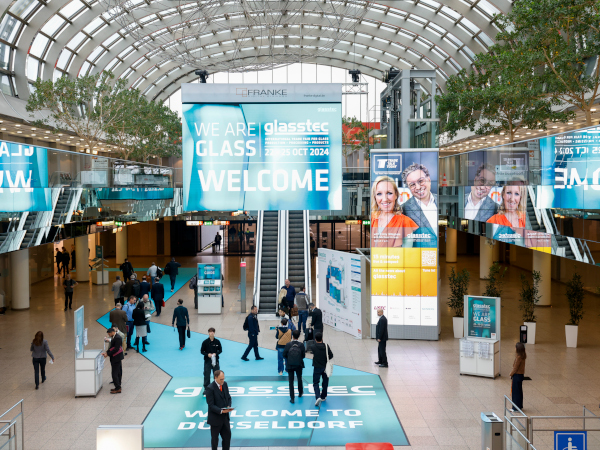Date: 26 October 2004
On this basis, OSAI has recently introduced a new CNC architecture based on the following guidelines:
integration of the most recent SW technologies to completely remotate the CNC
one single proprietary digital bus for the complete management of the field.
The remote CNC for solutions in distributed architecture
OSAIs 10 Series CNC is the optimal solution, integrating the Windows environment as the Front End for the CNC, the modules being connected through Ethernet interface. This solution is based on OSAIs new WinMedia Module + the 10/510 Light CNC. The user interface is granted by the WinNBI Configurable Operator Interface, Osais new visual tool communicating on the network based on the COM/DCOM technology oriented to distributed architectures. It is possible to have user friendly and graphic oriented operator interface screens that can be customized with the use of the mouse and simple techniques such as Point & Click and Drag & Drop. It is possible therefore to create customized screens just by inserting elementary objects like axes position, Feed, Speed, G, M, T functions with the possibility of modifying fonts and colours.
Furthermore, based on COM/DCOM architecture, WinNBI can interface with multiple CNCs and can be distributed in different locations on the factory network.
A DLL library is alternatively available, to interface from PC environment all the functionalities of the CNC, allowing to develop fully customized graphical Interface programs through object oriented languages such as Visual Basic and Visual C++, according to the specific requirements needed by the application.
Together with WinNBI, we would like to introduce WinPLUS, the new tool to develop the machine logic in Windows environment, in accordance with IEC 61131-3 standard. It offers a graphic editor, allowing different programming languages to coexist (ST, LD, FB, SFC), including a wide range of tools for debugging such as, for example, Tracing, break points, possibility of stopping the execution of each single task without stopping others, watch windows to visualize and change the value of PLC variables. It is also possible to graphically visualize the transitions of the LD, FB, SFC.
OS-Wire
A unique digital bus for drives and I/Os management, OS-Wire is based on a communication protocol that exceeds most of competitors, reaching a top data transfer rate: 90Mbaud. It allows to connect up to 63 OS-Wire nodes and to monitor and control peripherals at high frequency.
The drives and the I/O devices are interfaced by the CNC Master like memory-mapped locations with the result of a great speed without protocol overhead. The real time on-line access to all parameters, such as following error, error of pursuit, etc. allows to easily tune the machine, without using any external devices. Fine hardware synchronization between the master (the CNC) and all the devices is totally generated in hardware: this allows to interpolate many axes with a great accuracy without influencing the data speed-rate even when the number of devices increases. In fact, all the DSPs integrated in the devices are synchronous with the master in the CNC, guaranteeing a rigid synchronization of any feedback loop. Another big advantage is the reduced wiring: OS-Wire enables the connection of different digital and analogue I/O modules, modular and compact and, of course our own Servo Drives Family: the OS³ Series. Even analogue drives can be integrated through analogue/digital conversion modules called bridges.
OS3
OS³ has been created and developed to fulfil the need of a flexible and powerful integrated package. OS³ Drives can be connected with brushless synchronous motors, asynchronous motors, and variable reluctance motors, equipped with SINCOS encoders and incremental encoders. OS3 can be controlled either in position, velocity or torque. When bootstrapping, the servo drive are automatically sensed and configured, the concerned parameters are automatically downloaded, and even firmware can be updated on line. The most innovative characteristic is the possibility to switch from a position control to a torque control on the fly by simply issuing a software command, per every single axis. The architecture of OS³ Drives, connected on OS-Wire bus, allows the finest control in advanced interpolations and high-speed operation for the most demanding applications.







Add new comment